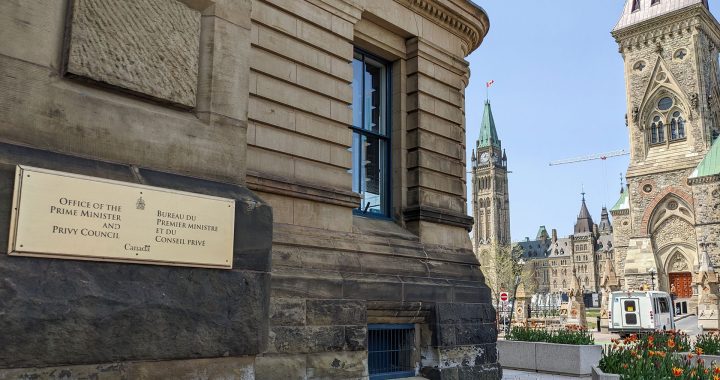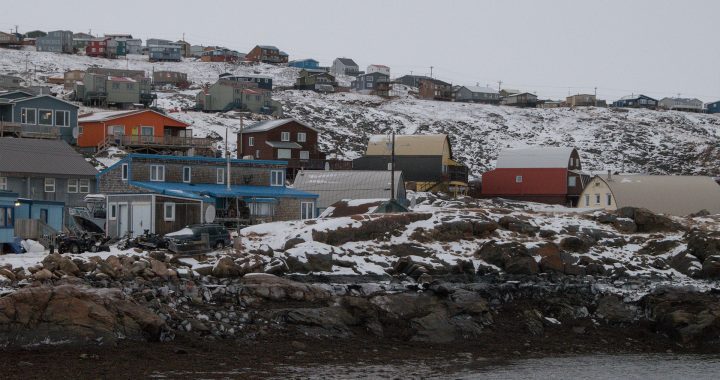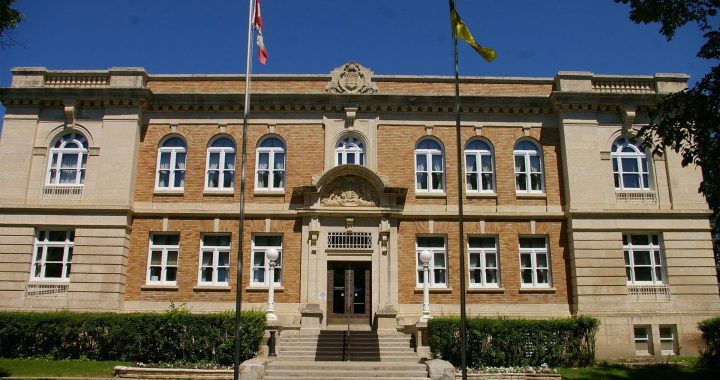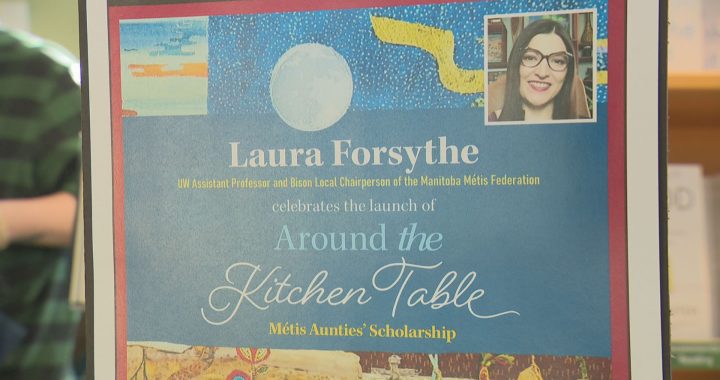Frustration is one word Francyne Joe, president of the Native Women’s Association of Canada (NWAC) uses to describe her feelings towards budget 2019.
“NWAC is extremely disappointed, very frustrated because we just recently signed an accord on February first. We recently had a meeting with the prime minister, we felt our relationship with the government of Canada was moving forward and not seeing any lined items specifically for Indigenous women in Canada is just a slap in the face,” she said.
Joe is upset that there is nothing in the budget specifically for Indigenous women.
She said if the federal government refuses to find a solution – then NWAC is ready to take it to the election polls this fall.
“If they don’t have an answer then I’m going out as well as my provincial and territorial members associations to ensure women use their right to vote in the next election,” she said.
Not everyone is pushing back against Budget 2019.
Manitoba Metis Federation President David Chartrand is happy with the money promised to the Metis Nation.
“This is when some people have said reconciliation is no longer going to be there, we lost two ministers, that has never been the case,” Chartrand said.
“Reconciliation champion is still there, he’s the prime minister and his commitment to the language fund shows that they are serious about the preservation of our indigenous languages are important to maintain.”
The Metis figure prominently in the budget.
$362 million spread out over ten years for post-secondary education, $50 million over five years to enhance the funding of the Metis Capital Corporations to support the start-up of small and medium sized businesses, and $30 million to recognize the contribution Metis veterans made in World Word Two.
After the war Metis who enlisted were promised a financial package.
That promise never came through.
“And the big one for me is that I’ve been fighting for 20 years for the metis veterans to get there justice in this country,” he said.
“They never received it when they got back home form World War Two.”
Across the country, chief’s associations are slowly reacting to the Tuesday’s budget.
In Saskatchewan, a tepid response.
“While we are grateful for the investments in some areas for First Nations, including Post-Secondary, Jordan’s Principle and commitments to end the long-standing boil water advisories in
many of our communities, this budget failed to address the desperate need for housing or child welfare” FSIN Chief Bobby Cameron said in a release.
“We also now need to focus on the flow through of these funding investments and ensure that they reach our First Nations communities. We need this Federal Government to instruct the bureaucrats to quit stalling these important issues and expedite the funding desperately needed now.”
In Ontario, the Nishnawbe Aski Nation which represents 49 communities in the northern part of the province is also questioning missing details.
“This budget makes significant commitments to improve access to affordable housing for millennials and the middle class but is lacking in specifics for NAN First Nations,” said Grand Chief Alvin Fiddler in a statement.
“Budget 2019 promises investments to Indigenous Services Canada to improve health, education but does not provide detail on how these services will be delivered in our communities.
“For example, the budget provides funding to mitigate ‘climate related hazards’ but does not commit funding for the relocation of Kashechewan First Nation, which is severely affected by seasonal flooding. This government has made progress on many of its commitments to reconciliation and improving infrastructure in our communities, but we need to see specific commitments to support the long-term sustainable growth of our communities.”









